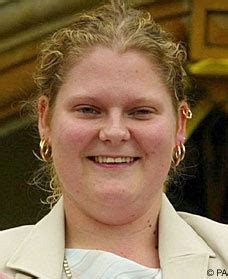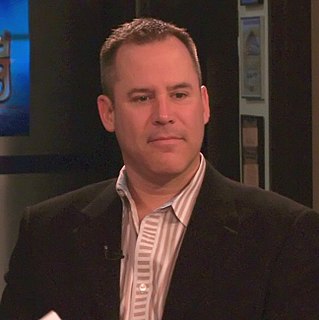A Quote by Justin Theroux
I had this chronic hyperactivity and an inability to focus, so I was forever being moved to another class, with a much smaller group of children - some of them about 18. If I was asked to read a paragraph, this white wall would go up in my head. Still now, I read very slowly and can rarely work out a tip.
Related Quotes
When I read out loud in class, it was a joy for everyone else because I would mispronounce things so badly. I used to try to count how many people were in front of me and then work out which paragraph I would have to read out and start trying to learn it. And I would sit there thinking, 'Please let the bell go so that it doesn't get round to me.'
As a kid I would get my parents to drop me off at my local library on their way to work during the summer holidays and I would walk home at night. For several years I read the children's library until I finished the children's library. Then I moved into the adult library and slowly worked my way through them.
As a kid, I would get my parents to drop me off at my local library on their way to work during the summer holidays, and I would walk home at night. For several years, I read the children's library until I finished the children's library. Then I moved into the adult library and slowly worked my way through them.
Attention spans are changing. It's very noticeable. I am very aware that the kind of books I read in my childhood kids now won't be able to read. I was reading Kipling and PG Wodehouse and Shakespeare at the age of 11. The kind of description and detail I read I would not put in my books. I don't know how much you can fight that because you want children to read. So I pack in excitement and plot and illustrations and have a cliffhanger every chapter. Charles Dickens was doing cliffhangers way back when. But even with all the excitement you have to make children care about the characters.
Read him slowly, dear girl, you must read Kipling slowly. Watch carefully where the commas fall so you can discover the natural pauses. He is a writer who used pen and ink. He looked up from the page a lot, I believe, stared through his window and listened to birds, as most writers who are alone do. Some do not know the names of birds, though he did. Your eye is too quick and North American. Think about the speed of his pen. What an appalling, barnacled old first paragraph it is otherwise.
How about Proust's In Search of Lost Time?" Tamaru asked. "If you've never read it this would be a good opportunity to read the whole thing." "Have you read it?" "No, I haven't been in jail, or had to hide out for a long time. Someone once said unless you have those kinds of opportunities, you can't read the whole of Proust.
I grew up in the midst of poverty but every black kid that I knew could read and write. We have to talk about the fact that we cannot educate for critical consciousness if we have a group of people who cannot access Fanon, Cabral, or Audre Lorde because they can’t read or write. How did Malcolm X radicalize his consciousness? He did it through books. If you deprive working-class and poor black people of access to reading and writing, you are making them that much farther removed from being a class that can engage in revolutionary resistance.
I have come to communism because of daddy Stalin and nobody must come and tell me that I mustn’t read Stalin. I read him when it was very bad to read him. That was another time. And because I’m not very bright, and a hard-headed person, I keep on reading him. Especially in this new period, now that it is worse to read him. Then, as well as now, I still find a Seri of things that are very good.
I'm not someone who has a list of great books I would read if I only had the time. If I want to read a particular so-called classic, I go ahead and read it. If I had more time, I would certainly read more, but I'd read the way I always do - that is, I'd read whatever happened to interest me, not necessarily classics.



































